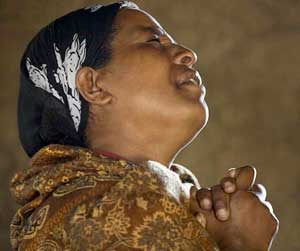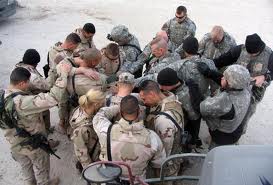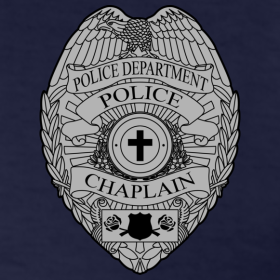
Perhaps you remember Nevada high school valedictorian Brittany McComb, who last year delivered her commencement address to over 400 fellow students, families and staff. She had been warned by officials not to utter the name of Jesus in her speech.
However, believing that the district’s censorship of her speech amounted to a violation of her right to free speech, she delivered the banned version of her remarks in which she shared her personal beliefs about the role that her Christian beliefs played in her success.
When school officials found her to be straying from the approved text, they unplugged her microphone, ending her address. Despite loud and angry jeers from the audience over school officials’ actions, McComb was not permitted to finish giving her valedictory speech.
In another such incident at about the same time, the Rev. Danny Harvey was fired by a Florida hospital for including the word ‘Jesus’ at the end of his prayers.
The hospital said it was worried about what it called “Secondhand Jesus,” meaning that non-believers who might overhear his prayers should not have Jesus forced upon them.
Harvey, who worked for the Leesburg Regional Center for more than seven years, said the hospital staff forced him to resign from his post.
Louis H. Bremer Jr., the hospital’s president and chief executive officer, said in a statement: “The interpretation many Christians are getting is that prayer is completely banned from the hospital, which couldn’t be further from the truth.
“It would be very appropriate to say Jesus’ name in the presence of a Christian family. That’s no problem. What must be understood is knowing the audience and what is appropriate for that particular situation.”
In other words, anyone mentioning Jesus within listening distance of someone who doesn’t want to hear about Jesus will be punished.
Harvey insists that he didn’t force Jesus on anyone. “I would approach a family and offer them the chance for me to pray for them, but they have the option to say no,” Harvey said. “I have never imposed my beliefs on others.”
And why the double standard?
“Imagine if a Hindu were fired for invoking lord Vishnu’s name,” observes columnist Matthew Archbold, “or a Buddhist for invoking Buddha’s name, or even a Muslim for invoking Allah’s name.
“The ACLU would be screaming bloody murder. But, for Christians to invoke the name of their namesake, Jesus Christ … well, it is tantamount to a hate crime!”
Is this sort of treatment inevitable? Should Christians just accept it. After all, in Matthew 24:9, Jesus did warn us, “Then shall they deliver you up to be afflicted, and shall kill you: and ye shall be hated of all nations for my name’s sake.”
Navy Chaplain Gordon Klingenschmitt earned the ire of his commanders with his prayers “in Jesus’ name.” His 16-year career ended abruptly when he refused a superior’s order that he quit praying in Jesus’ name.
Klingenschmitt today says the costs of his battle were high but worthwhile, because it prompted Congress to instruct the Navy that the policy be rescinded. As a result, other chaplains have the freedom that Klingenschmitt sought.
“My sacrifice purchased their freedom. My conscience is clear, the fight was worth it, and I’d do it all again,” he said.
Want to read more? CLICK HERE to read whether faith in Jesus is just too shocking for the news media to handle.
CLICK HERE to consider more about why the media is offended by people of faith
CLICK HERE to consider whether we are headed for a God-free society
Is Jesus an illegal word that cannot be uttered in public anymore? CLICK HERE
CLICK HERE to read about recent legal efforts to ban church bells
And CLICK HERE to consider a British journalist’s concern that Christianity is becoming criminalized in Western society.

